The science of education analyzes pedagogy, curriculum and educational institutions. It is a discipline or body of knowledge about learning and teaching – about how these practices are conceived and realized.
‘Science’ or ‘discipline’ refers to a privileged kind of knowledge, created by people with special skills who mostly work in research, academic or teaching jobs. It involves careful experimentation and focused observation. Scientists systematically explore phenomena, discover facts and patterns and gradually build these into theories that describe the world. Over time, we come to trust these and ascribe to them the authority of science.
In this spirit, we might create a science of education that focuses on the brain as a biological entity and the mind as a source of behaviors (cognitive science). Or we might set up experiments in which we carefully explore the facts of learning in order to prove what works or doesn’t work. Like the medical scientist, we might give some learners a dosage of a certain kind of educational medicine and others a placebo, to see whether a particular intervention produces better test results—such are the formal experimental methods of randomized, controlled trials.
Often, however, we need to know more. It is indeed helpful to know something of how the mind works, but what of the cultural conditions that also form the thinking person? We need good proofs of which kinds of educational interventions work, but what if the research questions we are asking or the tests we are using to evaluate results can only measure a narrow range of capacities and knowledge? What if the tests can prove that the intervention works – scores are going up – but some learners are not engaged by a curriculum that has been retrofitted to the tests? What if the tests only succeed in measuring recall of the facts that the tests expect the learners to have acquired – simple, multiple-choice or yes/no answers? A critic of such ‘standardized testing’ may ask, what’s the use of this in a world in which facts can always be looked up, but problem solving and creativity are now more sought-after capacities, and there can be more than one valid and useful answer to most of the more important questions? For these reasons, we also need to work with a broader understanding of the discipline of education, based on a broader definition of science than experimental methods.
